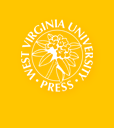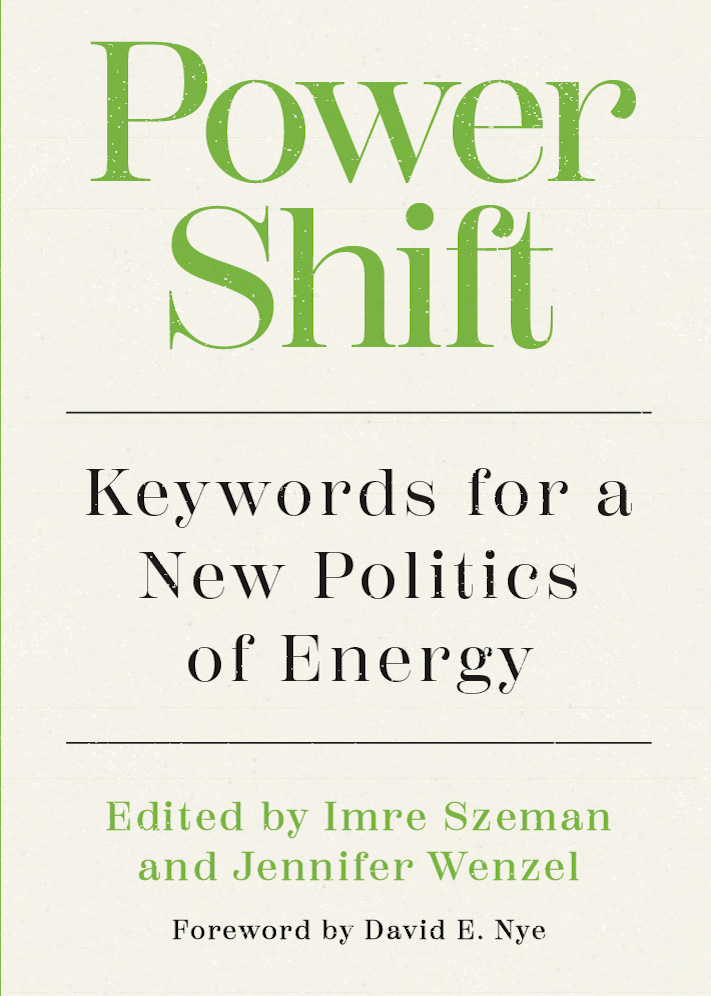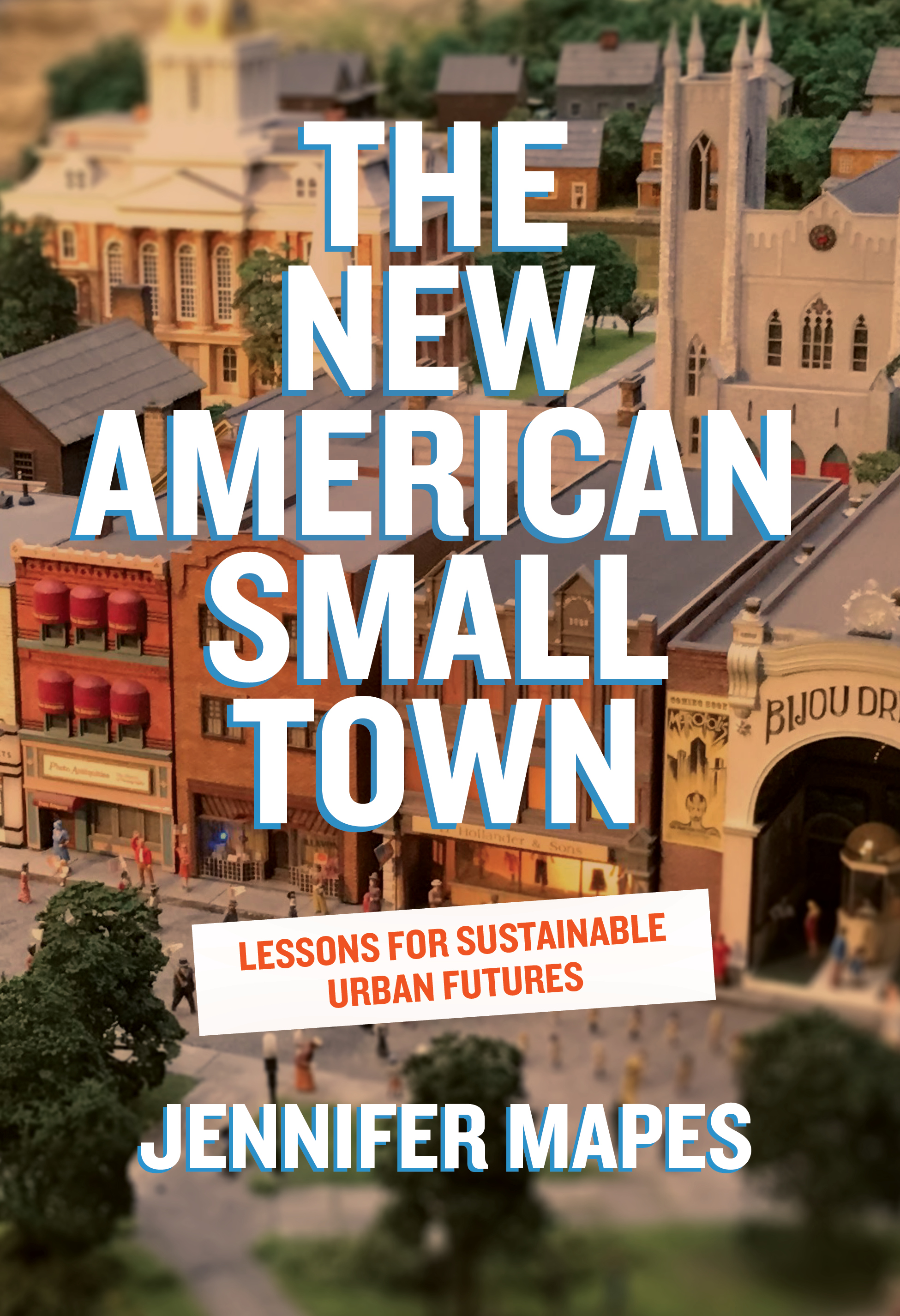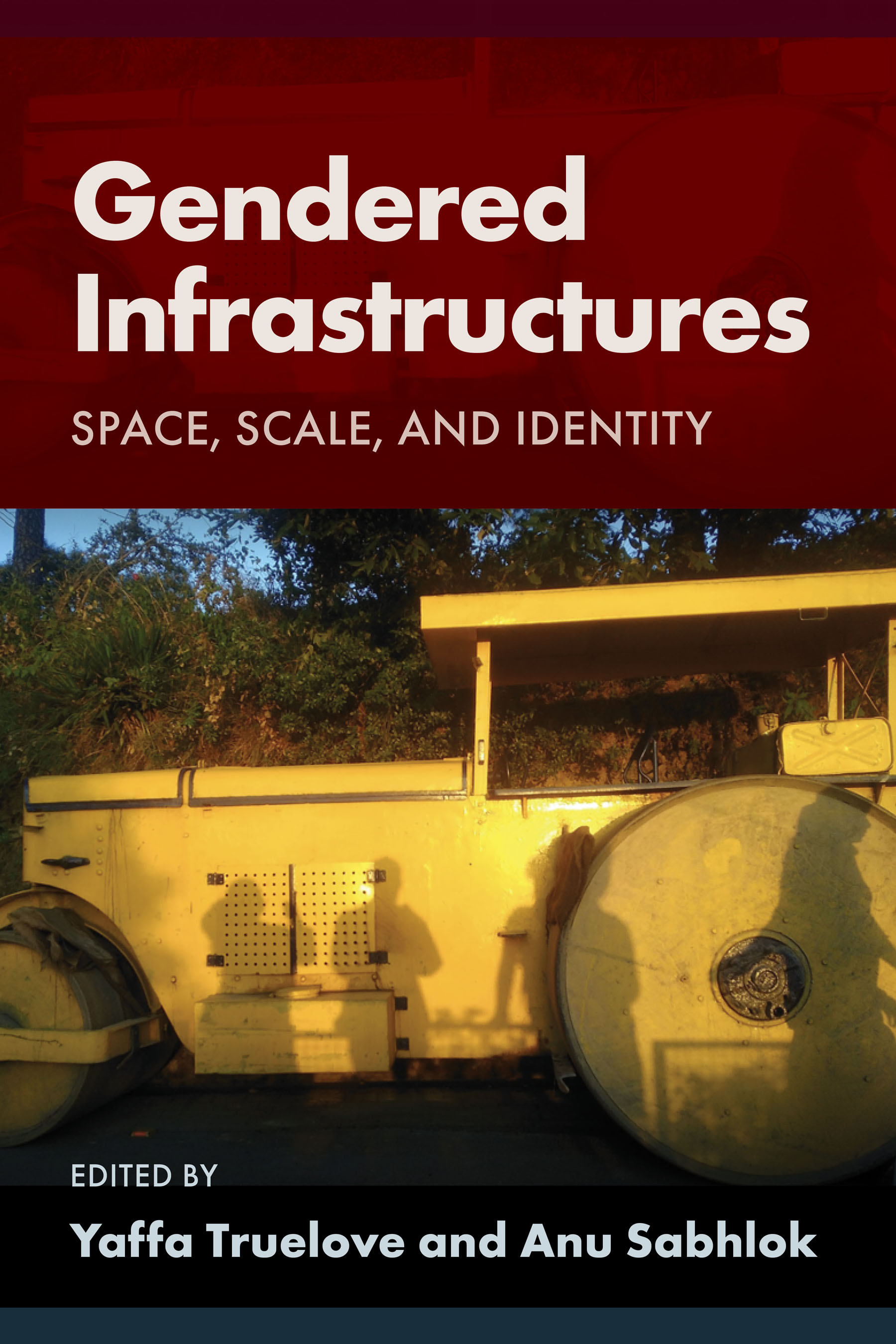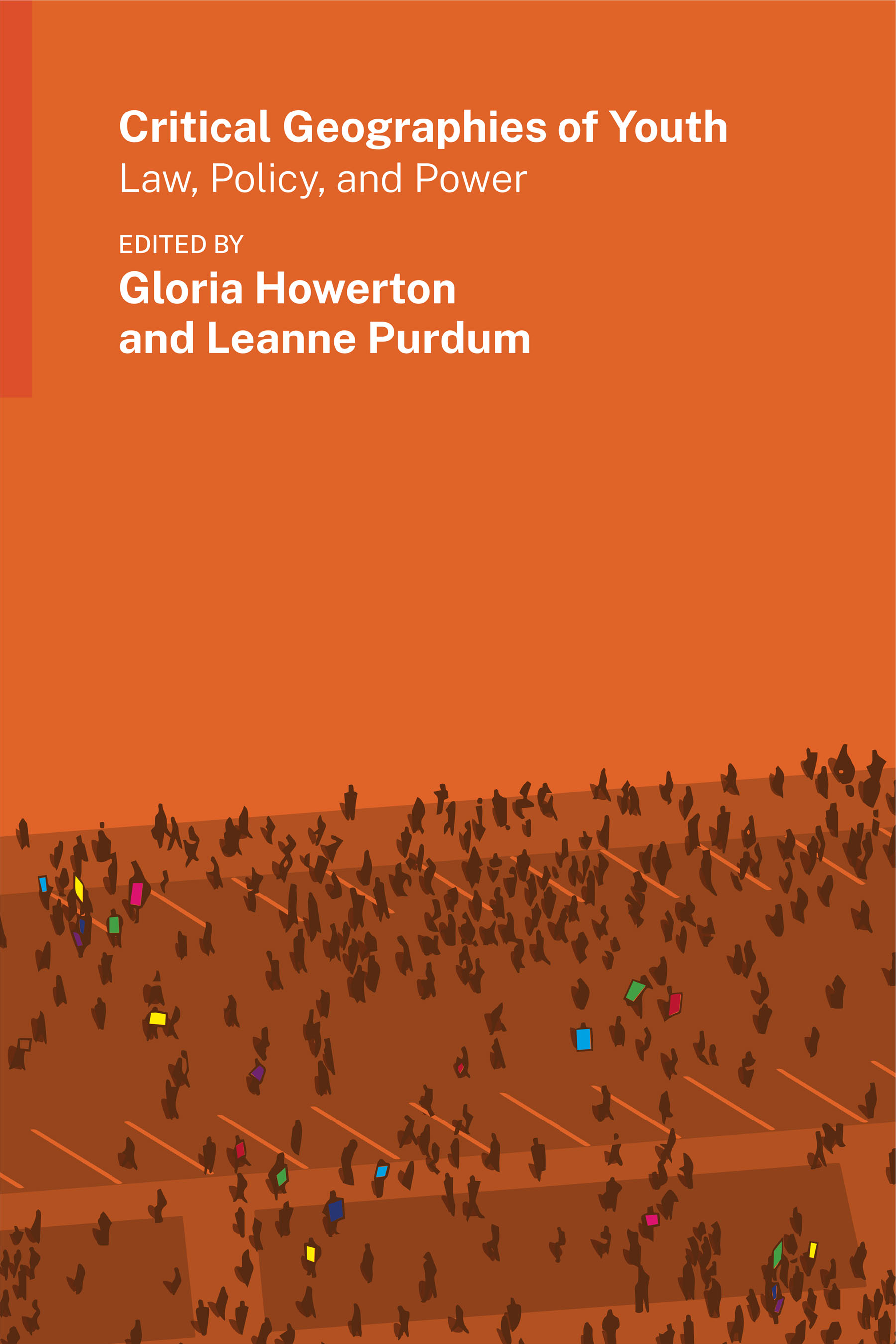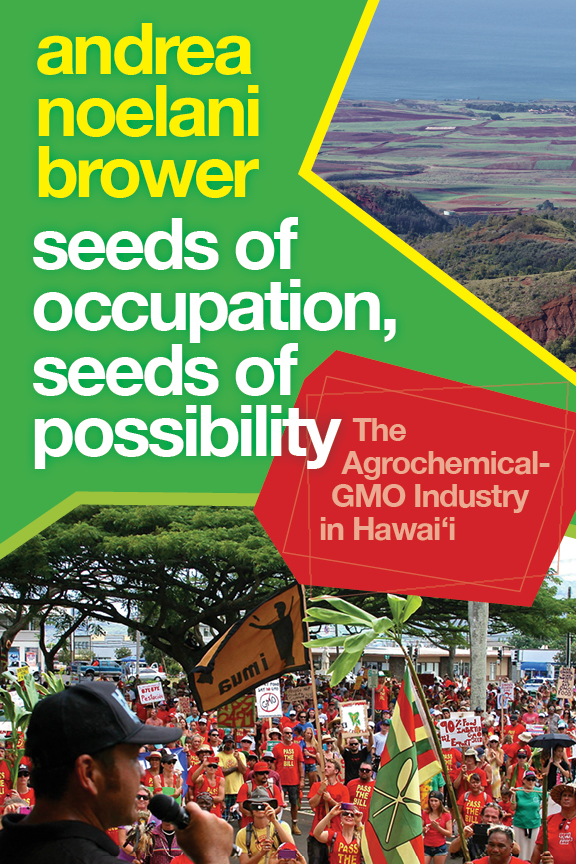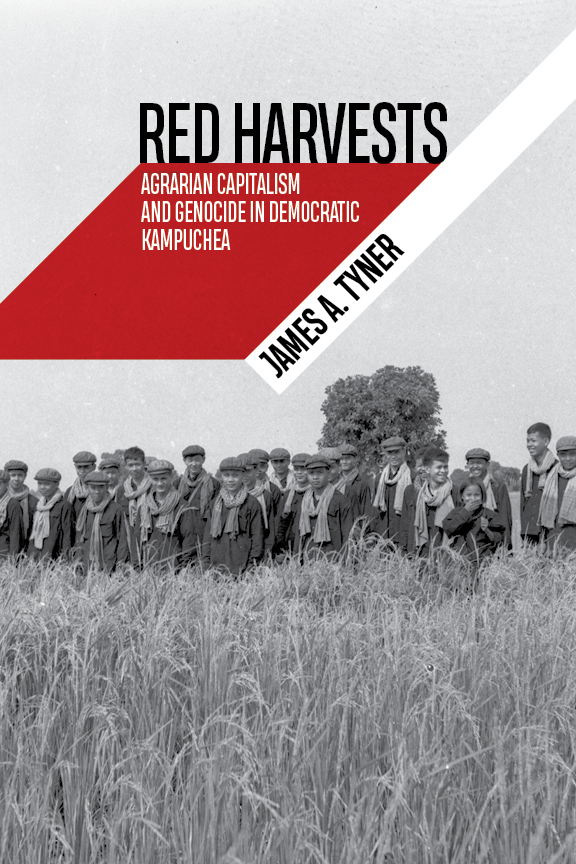
James A. Tyner
February 2021
180pp
PB 978-1-949199-79-6 $29.99
CL 978-1-949199-78-9 $99.99
eBook 978-1-949199-80-2
$29.99
Radical Natures Series
Red Harvests
Agrarian Capitalism and Genocide in Democratic Kampuchea
Summary
James Tyner reinterprets the place of agriculture under the Khmer Rouge, positioning it in new ways relative to Marxism, capitalism, and genocide. The Cambodian revolutionaries’ agricultural management is widely viewed by critics as irrational and dangerous, and it is invoked as part of wider efforts to discredit leftist movements. Researching the specific functioning of Cambodia’s transition from farms to agriculture within the context of the global economy, Tyner comes to a different conclusion. He finds that analysis of “actually existing political economy”—as opposed to the Marxist identification the Khmer Rouge claimed—points to overlap between Cambodian practice and agrarian capitalism.
Tyner argues that dissolution of the traditional Khmer family farm under the aegis of state capitalism is central to any understanding of the mass violence unleashed by the Khmer Rouge. Seen less as a radical outlier than as part of a global shift in farming and food politics, the Cambodian tragedy imparts new lessons to our understanding of the political economy of genocide.
Contents
Preface
Acknowledgments
1. “Revolution Is the People’s War”
2. “Be Masters of Your Own Destiny!”
3. “We Are Building Socialism in the Cooperatives”
4. “Currency Is a Most Poisonous Tool”
Epilogue
Notes
Bibliography
Index
Author
James A. Tyner is a professor of geography at Kent State University and a fellow of the American Association of Geographers. He is the author of numerous books, including War, Violence, and Population: Making the Body Count, which received the AAG Meridian Book Award for Outstanding Scholarly Work in Geography, and The Politics of Lists: Bureaucracy and Genocide under the Khmer Rouge (WVU Press).
Reviews
“James Tyner has a gift for conveying complex subjects in a direct and accessible style, and his book will make a real contribution to the field of genocide studies generally, and to the study of the Cambodian genocide more specifically.”
Alex Alvarez, author of Unstable Ground: Climate Change, Conflict, and Genocide
“This original study will appeal to scholars interested in the agrarian policies of revolutionary governments and the alternative historical geographies of capitalism.”
Choice
“A relatively thin book, but it is an important one for scholars interested in Cambodian genocide and genocide studies more broadly. . . . Red Harvests adds important and novel explanations for this mass violence that the existing accounts, including Hinton’s, have overlooked.”
Agricultural History
